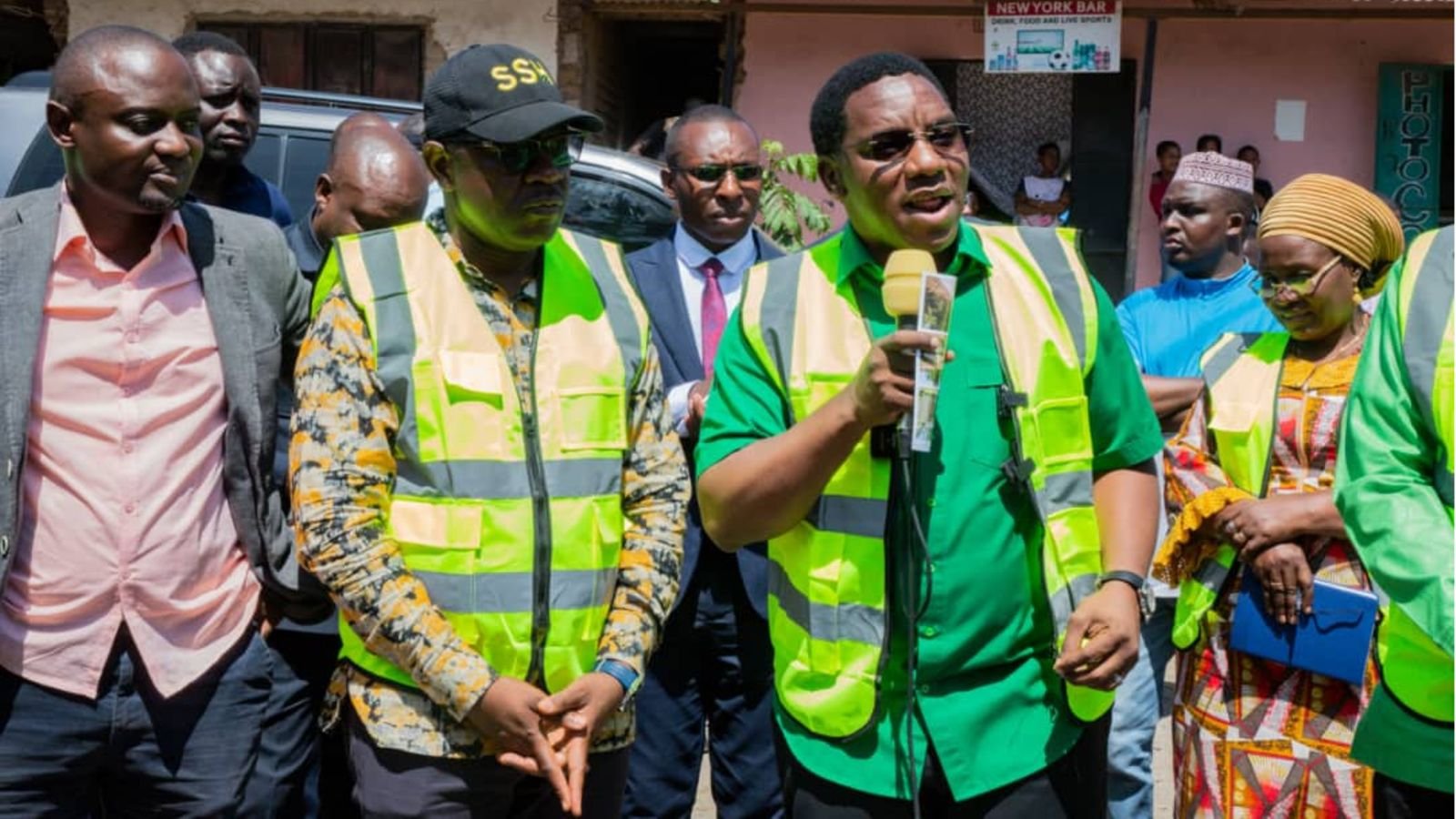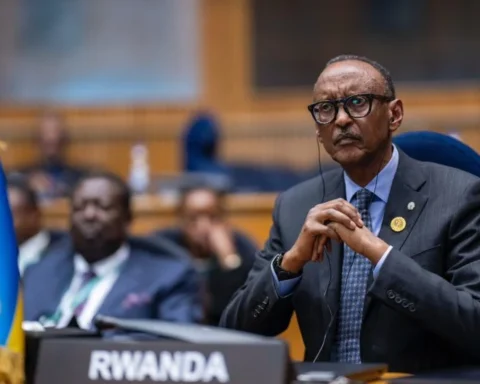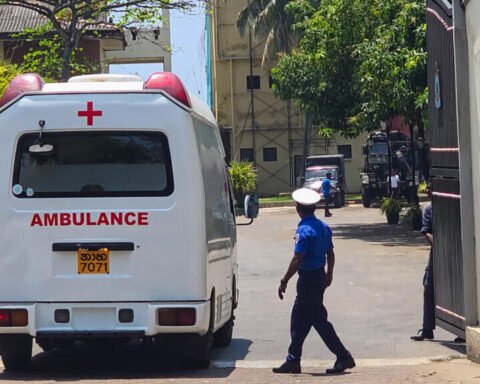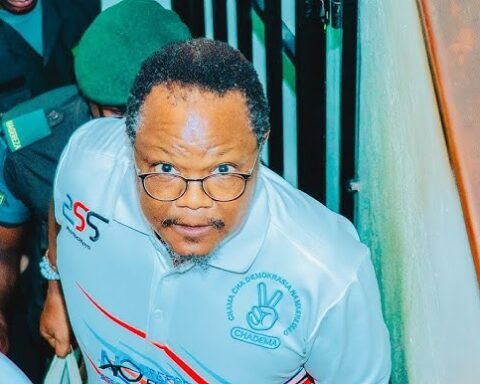The Member of Parliament for Arusha City Mrisho Gambo, has responded to recent comments made by Arusha Regional Commissioner, Paul Makonda, who had suggested that Gambo attend more local government and regional meetings to discuss development matters.
Speaking in the presence of Minister of construction, Abdallah Ulega, Gambo clarified that his role as an elected representative is governed by the Tanzanian Constitution, which outlines the official duties of Members of Parliament, and not by directives from regional leaders.
Gambo explained that, unlike government employees, his primary responsibility is to the people of Arusha, having been elected by them to represent their interests. He made it clear that the only meetings he is required to attend are those of the National Assembly and its committees, as stipulated by law. According to Gambo, it’s not within the powers of a regional commissioner to dictate his participation in other forums.
“I’m not a government worker; I’m here as a representative of the people. The Constitution sets out the meetings I must attend—those of the National Assembly. No regional commissioner has the authority to direct me to attend meetings beyond that,” Gambo said.
The MP also pointed out that while he does attend party meetings, especially those of his political party, Chama Cha Mapinduzi (CCM), which sometimes overlap with government events, his commitment to the party takes precedence. He explained that the political party holds a higher position than the government, even in scheduling matters.
Also Read; Earthquake strikes Tibet, killing dozens
“I am not neglecting my duties. For instance, I attended the CCM Regional Executive Committee meeting, even though it clashed with a Roads Board meeting. The party comes before the government, and even the Regional Commissioner should understand this,” Gambo asserted.
Despite the exchange, Gambo stressed that his priority remains representing the people of Arusha. He expressed his responsibility to bring both the successes and challenges of the region to the government’s attention, ensuring that the needs of his constituents are addressed.
In closing, Gambo pointed out that there is some confusion about the roles of MPs and other officials, particularly when it comes to the expectations placed on him by figures like Makonda. He emphasized the need for clearer communication on these matters to avoid misunderstandings in the future.
This exchange between Gambo and Makonda sheds light on the ongoing discussions about the balance of power and responsibility between elected lawmakers and appointed government officials in Tanzania. Gambo’s firm stance on his constitutional duties is likely to continue fueling conversations about the relationship between political parties and government leadership.







